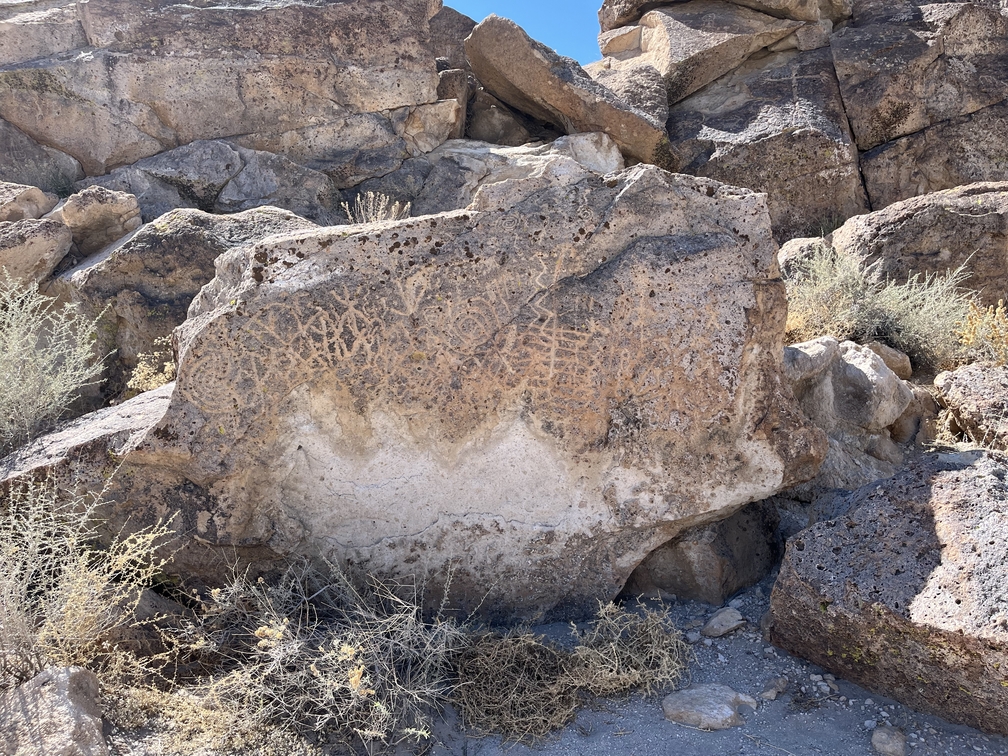Cupboard With Holes
After WWI grandpa, grandma and three kids
lived on a dryland ranch
eating stringy beef and hope.
They let Snake Indians camp on a back acre.
Town folks said they were harboring the enemy.
Grandpa would hike up Eagle Creek
and catch a mess of trout, the best meal.
One day a grizzly followed him on the way home
so he spilled ten trout along the trail and kept walking.
He was afraid it might take a bigger bribe next time.
He had what they called weeping eczema
and was laid up between sparse odd jobs,
said he would rather face the grizzly
than grandma on the warpath.
It got cold sleeping in the woodshed.
Through the Depression she took in laundry
and foster kids, snapped the heads off Guinea hens,
kicking grandpa out one last time before WWII.
At sixteen my father went to work in a lumber mill
and his older brother started fixing cars.
Their sister married a man “too crude for words.”
Grandpa moved to the high Sierras
where trout swam the Feather River,
and worked on and off for his brother-in-law
in a mill running three shifts a day during the war.
My parents set grandma up with the house
on Pine Street. It seemed ancient to me,
not having a refrigerator until 1952.
I discovered a cupboard with screened holes
to the outside where she still kept butter and cheese.
__________
Gary Lark
Review by Jared Pearce
My grandmother had an old mirror in her sewing room that, when pressed a certain way, opened to a steep, circular stairway to the attic. I suppose those old places and people had a charm and mystery—for them a functionality—that today seems, well, charming and mysterious, like the tangle of relationships and locations of the speaker’s family here, culminating in the image of the screened cupboard, both interesting and pragmatic.
Review by Carla Schwartz
This is a narrative in plain language about the speaker’s grandparents’ lives and that of his parents too. It’s a very simple story, with a few descriptions of the grandparents’ relationship and disease. The ending is tender. Not a lot happens in this poem. I like how the title is mirrored in the end. It seems to be a personal story. I’m not sure this works as a poem that would be interesting to readers other than family members of the speaker.
Review by Ettore Fobo
In “Cupboard with Holes,” the narrative tone recalls certain poems by Raymond Carver, maintaining the same dry and perhaps cruel, yet concise harshness, mixed, however, with an ironic lightness, never truly biting, I would say, scattered throughout the text with tranquil nonchalance, as demonstrated by these lines: “said he would rather face the grizzly /than grandma on the warpath.” Irony is a constant, as in the final lines of the poem “Tools,” where the tools of the title seem to come to life thanks to the people to whom they belonged, telling of the economy, the poverty of the laborers involved in their use, better than any scientific treatise.

